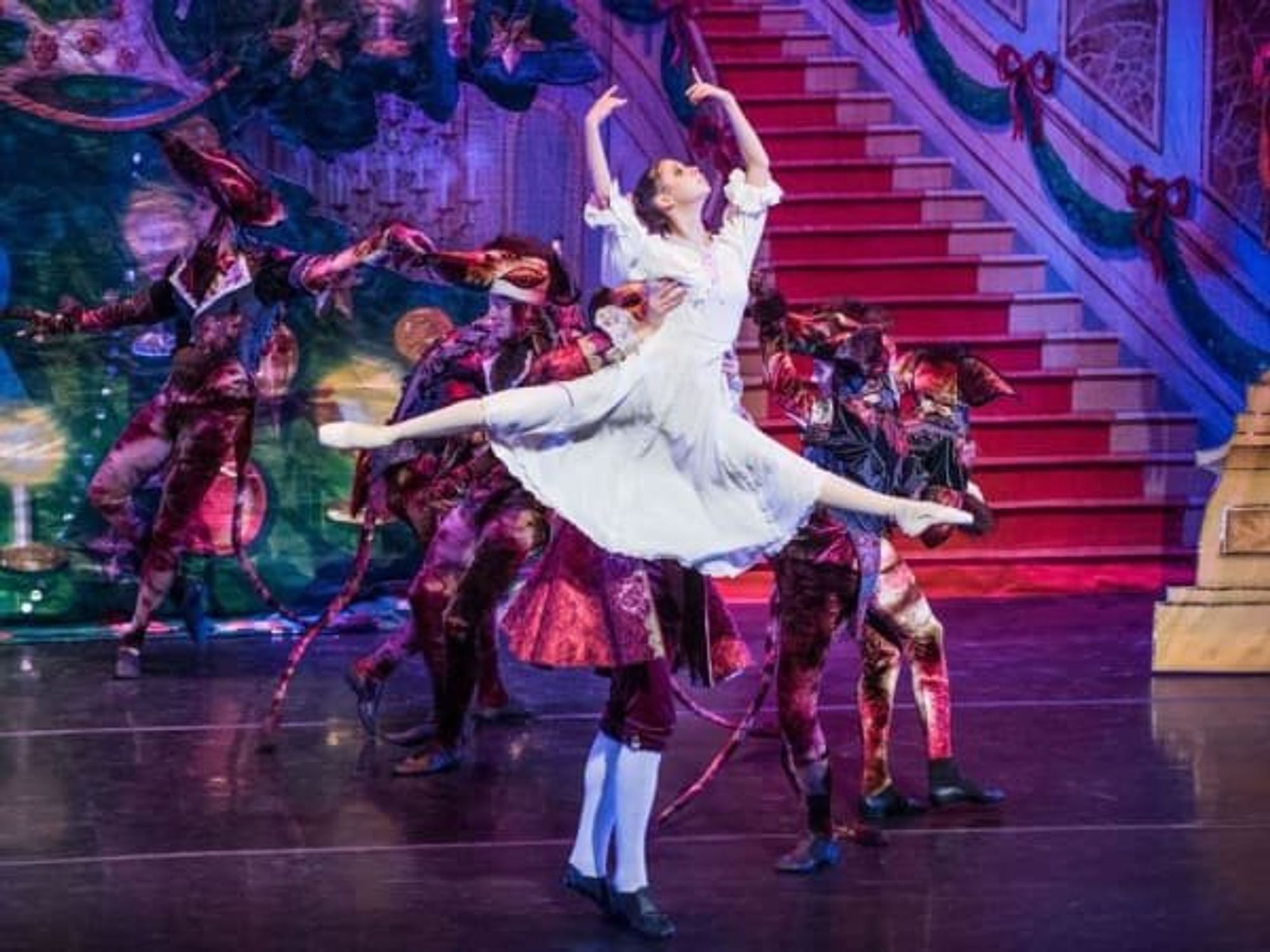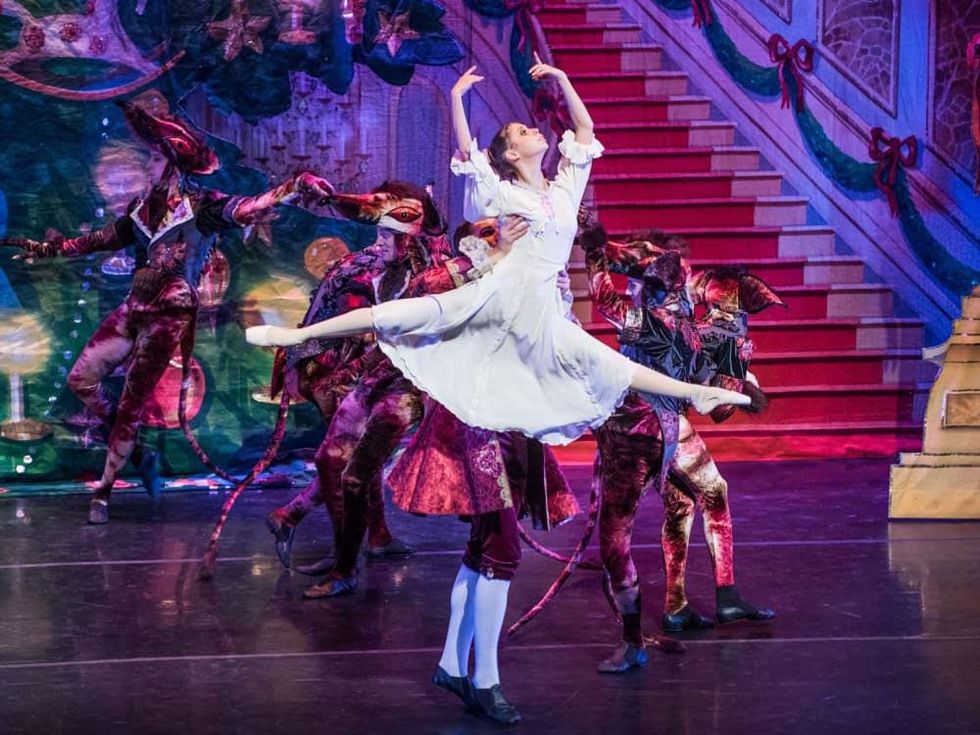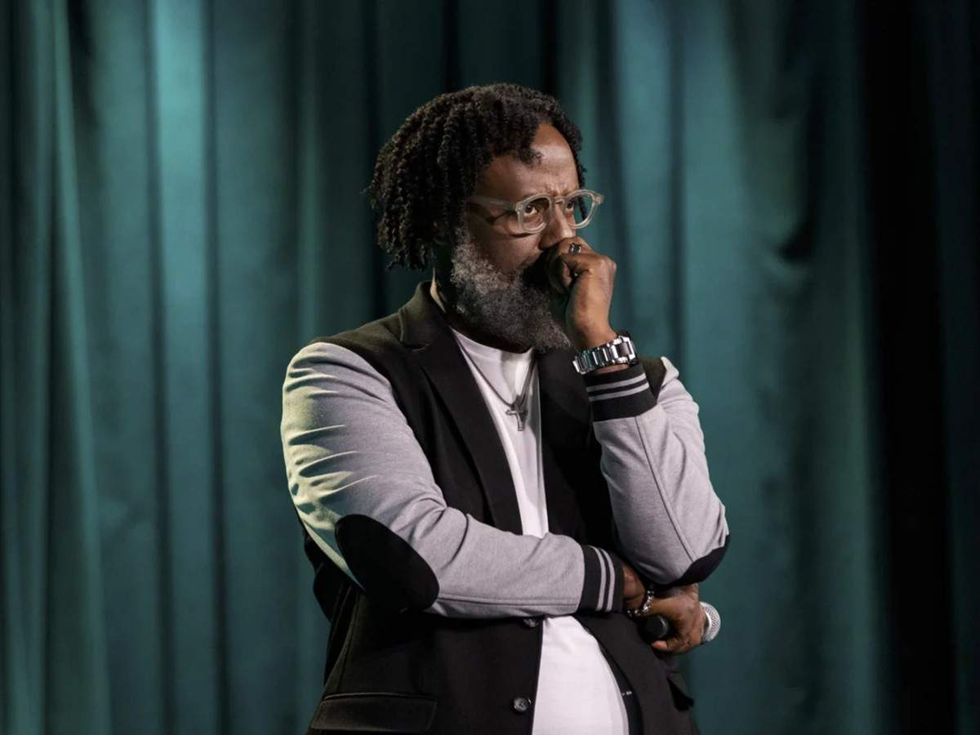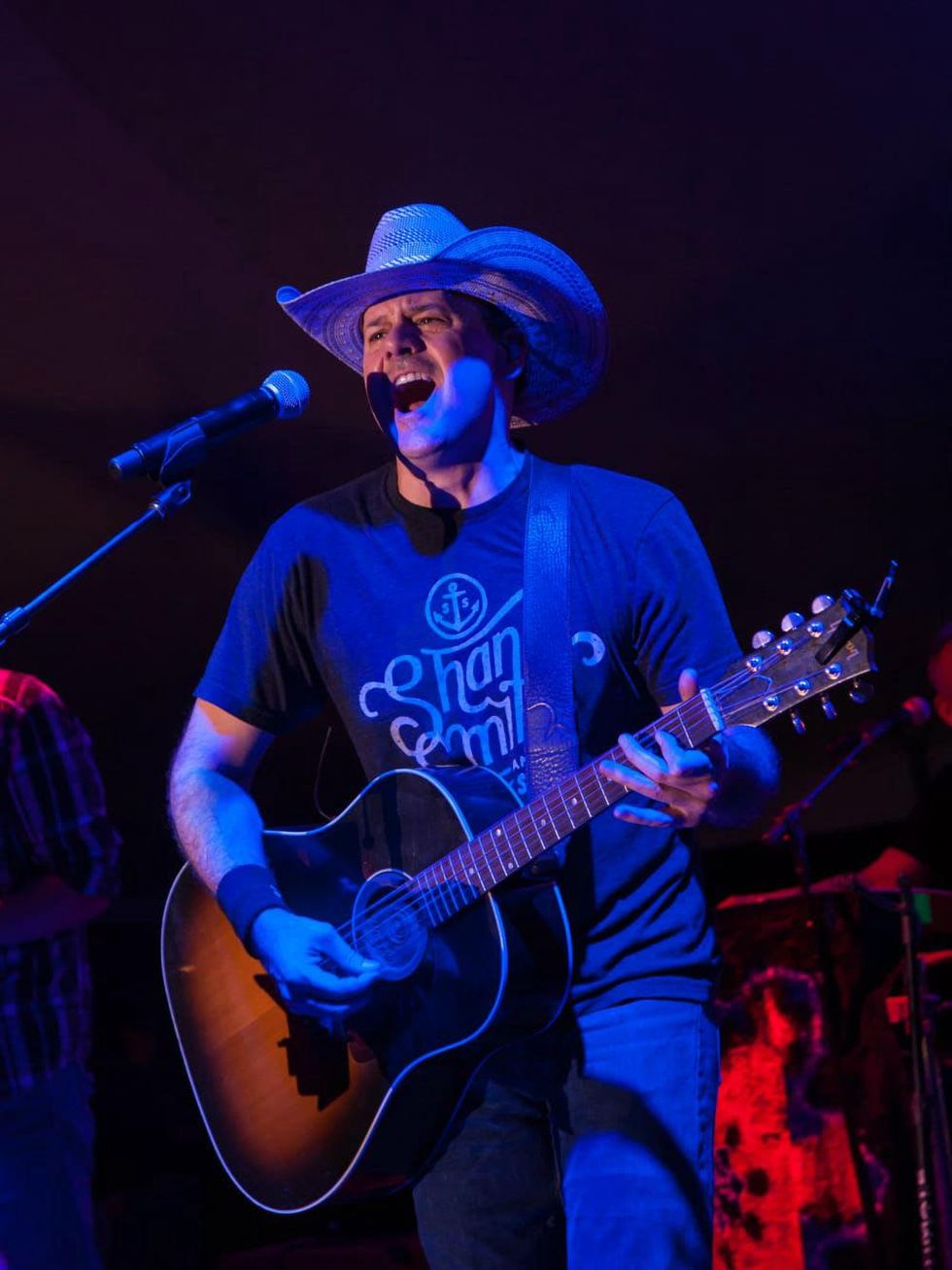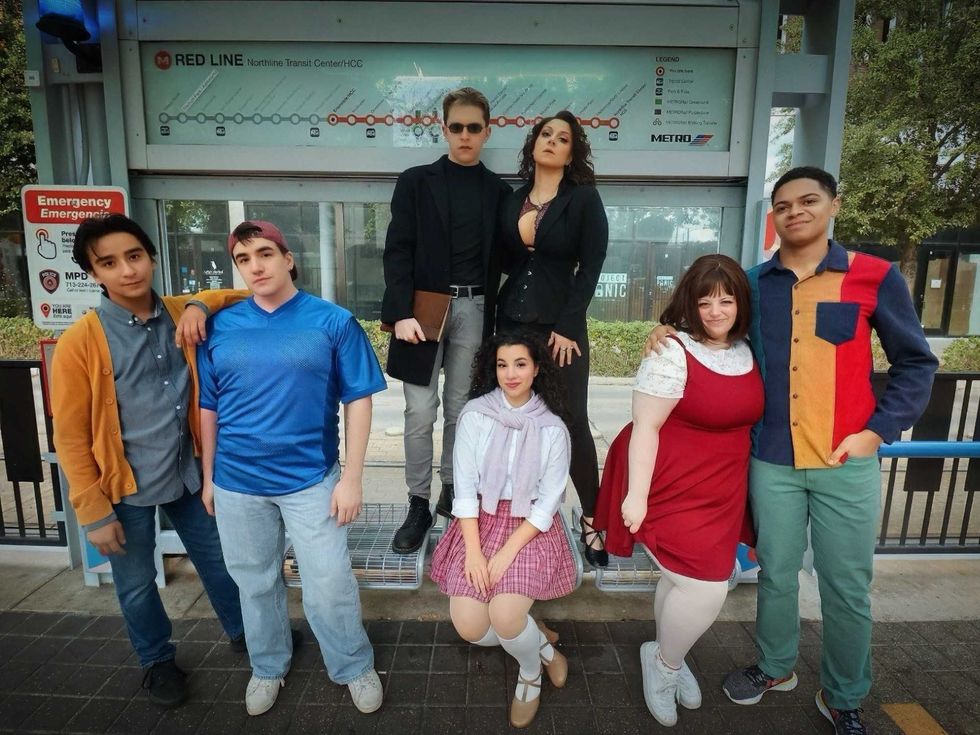No Easy Ride
My 31 years with Dennis Hopper: A once-cornered critic reflects
Within the space of a month or so during the summer of 1969, moviegoers got to see Dennis Hopper as a luckless outlaw who dies while reluctantly aiding John Wayne in True Grit — and a chopper-riding rebel journeying across America alongside Peter Fonda in Easy Rider. And, mind you, that disparate combo of credits only begins to hint at the variety and versatility that define the resume of the late, great actor.
Hopper — who finally lost his long battle with prostate cancer Saturday at age 74 — lived and worked long enough to appear opposite everyone from James Dean (Rebel Without a Cause, 1955) to Kevin Costner (Swing Vote, 2008), Rock Hudson (Giant, 1956) to Keanu Reeves (Speed, 1994), and play everything from a chain-gang prisoner (Cool Hand Luke, 1967) to a videogame-spawned villain (Super Mario Bros., 1993), a young Napoleon Bonaparte (The Story of Mankind, 1957) to an aging Frank Sinatra (The Night We Called It a Day, 2003). He was a young gunman in the Sam Peckinpah-scripted pilot episode of The Rifleman (1958) — a crusty Hollywood music producer in weekly series version of Crash (2008-09).
He could play buttoned down and subtly nuanced, as he memorably did as a small-town schoolteacher who’s drawn into a dangerous liaison with a sexy student in Bruno Barreto’s unjustly overlooked Carried Away (1996). Or he could play id unbound and over the top, as he did in … in… in quite a few movies, actually, but arguably most effectively in his double-barrel blast of 1986: a frightfully manic sleaze named Frank Booth in David Lynch’s Blue Velvet, and a scarily unhinged drug dealer named Feck in Tim Hunter’s River’s Edge.
It was in the latter that Hopper bellowed what just might be the most outrageous line he ever uttered on screen: “I ate so much pussy in those days, my beard looked like a glazed doughnut.”
As for his off-screen behavior … well, as I noted in a 1990 interview: “Dennis Hopper spent most of the '70s on a wild toboggan slide toward self-destruction, and most of the '80s on a long, hard climb back up the hill.”
A one-man wild show
He helped create an era-defining masterwork of ‘60s cinema when he directed, co-wrote and co-starred in Easy Rider -- then reeled into a professional and personal tailspin after unleashing his follow-up project, The Last Movie (1971), a deservedly little-seen, stunning incomprehensible fiasco that looks and sounds very much like what it was, the self-indulgent folly of someone on very serious drugs.
By the time I first met him in 1979, at the New York press junket for Apocalypse Now, Hopper had devolved into a chemically-enhanced public spectacle. Seated alongside director Francis Coppola and co-star Robert Duvall, among others, at a standing-room-only press conference, he repeatedly interrupted the proceedings by occasionally and incongruously blurting out, at the top of his lungs, some variation of: “I just wanna say, this is the greatest fuckin’ movie ever made!”
When he asked the assembled reporters to join him in giving Coppola a standing ovation — all you could hear was the sound of one man clapping.
Later, Duvall and Hopper made themselves available for small group interviews at tables scattered throughout a hotel ballroom. When Hopper staggered over to my table after Duvall took his leave — my colleagues quickly scattered, and I found myself having an uncomfortably long one-on-one with an actor under the influence.
It took a while, but Hopper eventually clawed his way out the pit he had dug for himself. He earned an Oscar nomination for one of his finest performances — ironically, as a fallen-from-grace alcoholic — in Hoosiers (another 1986 triumph), then re-established himself as a director with the controversial Colors in 1988.
Two years later, when I caught up with him to chat about The Hot Spot, a steamy neo-noir drama he had directed in and around Austin, I noted: “At 9 on a Sunday morning in the middle of the hurly-burly of (the Toronto Film Festival), Hopper sat in his posh hotel suite, impeccably attired in an expensively-cut suit, a saucer delicately balanced on one knee to hold his coffee cup. He looked less like a filmmaker flogging his latest picture than a well-dressed televangelist relaxing a few minutes before this week's satellite-beamed worship service.”
Indeed, Hopper was so clean and sober by that point that he felt comfortable in questioning the work ethic of his movie’s star, Don Johnson, a fellow former hellraiser. (“I mean, with Don, you could look back and say, 'Yeah, we sure did a lot of drugs, and a lot of alcohol. But I would have never done drugs and alcohol more than once with you, buddy! So go back to your trailer!''') And three years after that, Hopper appeared even more at ease in the role of role model for Christian Slater, his then-newly-detoxed co-star in True Romance.
''I'm very proud of Christian,'' Hopper told me during an L.A. interview. ''First of all, he's so young to be clean and sober. And to be in an anonymous 12-step program, and to maintain that. That's really something to be encouraged, and admired.
''Of course,'' Hopper added with a chuckle, ''I have a few more years in the program, about ten years now ... But I did a lot of drinking and drugging way into my later years, before I got the message that there was another way.''
A rebel swings right
It became something of a pop-culture punchline that Dennis Hopper, the iconoclastic counterculture hero of the 1960s and ‘70s, started flapping his right wing as a born-again conservative in the ‘80s, and was viewed as sufficiently straight-arrow during much of the past decade to serve as a spokesperson for a financial-advisor company. Hell, he even managed to be taken seriously — for one season, at least — as a heroic U.S. military officer in the TV series E-Ring (2005-06).
On the other hand, it should be noted that Hopper very publicly supported the presidential campaign of Barack Obama. And, more important, it should be stressed that, whatever his political affiliations or personal views, he survived and thrived throughout a career that spanned six decades by doing exceptional work on both sides of the cameras, leaving behind several extraordinary performances — and at least one groundbreaking directorial effort — as his legacy.
Hopper's ride wasn’t always easy, but he achieved a sort of immortality that death does little to diminish.
